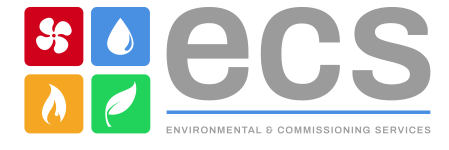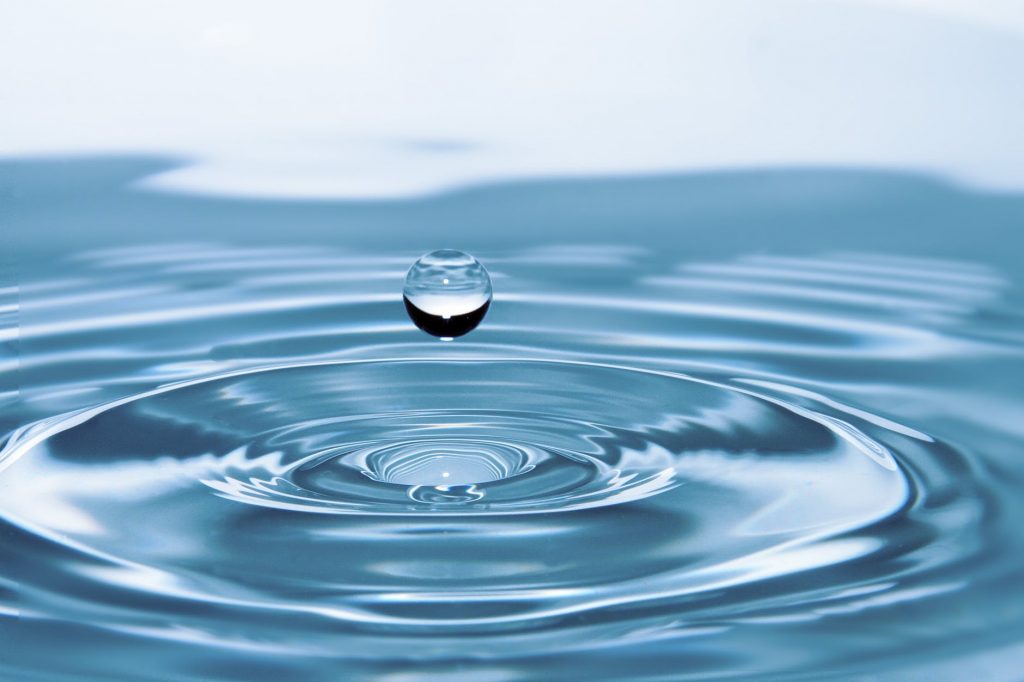Water is a critical resource across a variety of building systems, not least in HVAC systems. The quality requirements for water uses in buildings are also different. Adherence to the water quality standards for any particular usage is vital if it is to be safe and effective in terms of how equipment functions.
This is a key consideration when it comes to the safe and efficient operation of HVAC systems. Often, there is not enough understanding of water quality and hygiene in HVAC systems, which can result in a number of maintenance related issues. This can ultimately lead to system downtime, as well as increased costs when it comes to repair..
Do HVAC systems use water?
Some HVAC systems are water cooled, and there are two types of system that are used:
Closed loop system
In a closed loop system the water isn’t exposed to the external environment once a system is charged. Therefore, there’s usually very little water that needs to be added to the system. As the system is isolated the water quality at the time of filling up the system is critical to its performance. The closed loop system is less susceptible to problems such as scale formation as there should be no evaporation from the system. As the water doesn’t have contact with the air it reduces the risk of microbiological contaminants forming in the system. Reduced oxygen in the system should mean that there is less risk of corrosion in the pipes.
Care needs to be taken when the system is being charged initially, and then when there is a need to add water due to a leak in the system, or during routine draining of the system for preventative maintenance.
Open loop system
In an open loop system water used in the condenser is passed through a cooling tower that’s in contact with the air in order to cool. This external contact increases the range of challenges for water treatment and quality, all of which if neglected can lead to serious issues with the overall integrity of the system. Some key issues that need to be considered with open loop systems are the presence of dissolved solids, microbiological contamination and corrosion.
What is HVAC water treatment?
Problems with water quality will have a direct impact on the effective operation of the HVAC system. This can lead to higher operating costs due to the increased maintenance requirements and lower efficiency. HVAC water treatment is essential to ensure that your system operates as well as possible, ensuring that operating costs remain within budgets.
An effective water treatment programme will consist of both a preventive approach and a measurement process. It will look to ensure that corrosion is inhibited by employing a variety of methods. It will reduce the buildup of microbiological contaminants through regular draining and cleaning, as well as the addition of chemical inhibitors. It will also make sure that solids are dissolved through techniques such as blowdown.
Annual maintenance can prevent a range of issues developing over time and can ensure that your system works as efficiently as was intended through the initial design and installation.
What is water balancing in HVAC systems?
A water balance test is performed on HVAC systems to ensure that the correct flow of water is passing through the coils for efficient cooling. It’s important for a number of reasons, not least ensuring that the premises remain comfortable for people inside. If a water cooled system doesn’t have the correct flow of water, then the coils will be unable to absorb enough heat from the air passing over them to effectively cool.
A comprehensive HVAC water treatment service
We currently do not offer this service in house, however provide it via a third party who we have worked with on multiple projects over the years.
If you would like to know more, please contact us today and we will be more than happy to help you.

